The South Korean won is on the cusp of breaching its weakest level since 2009, sparking concerns about the central bank's ability to protect the currency. As of Wednesday, the won was trading at 1,486.50 per dollar, just 0.95 away from the 1,487.45-per-dollar level that would mark its weakest since March 2009.
According to data from the Bank of Korea, the won has depreciated by 4.5% against the dollar this year, with a significant portion of the decline occurring in the past two weeks. The currency's weakness has been attributed to a combination of factors, including the Federal Reserve's decision to raise interest rates and the ongoing trade tensions between the US and China. The won's decline has also been exacerbated by the country's current account deficit, which stood at 2.3% of GDP in the second quarter.
The market impact of the won's weakness has been significant, with investors dumping local stocks in favor of safer assets. The Kospi, South Korea's benchmark stock index, has fallen by 10.5% this year, with many major companies seeing their stock prices decline by double digits. For example, Samsung Electronics, the country's largest company by market capitalization, has seen its stock price fall by 15.5% this year, while Hyundai Motor, another major conglomerate, has seen its stock price decline by 12.5%.
The Bank of Korea has been monitoring the situation closely, with Governor Rhee Chang Yong stating that authorities are willing to intervene if they see excess volatility. However, he downplayed the weakness, attributing it to global uncertainties and market sensitivity. The central bank has also been working to stabilize the currency by selling dollars on the market and increasing interest rates.
The won's weakness has significant implications for the South Korean economy, which is heavily dependent on exports. A weaker currency can make exports more competitive, but it can also increase the cost of imports and lead to higher inflation. The country's current account deficit, which is financed by foreign capital, also makes it vulnerable to changes in global market sentiment.
Looking ahead, the outlook for the won remains uncertain. While the Bank of Korea has taken steps to stabilize the currency, the global economic environment remains volatile. The Federal Reserve's interest rate decisions and the ongoing trade tensions between the US and China will continue to impact the won's value. Additionally, the country's current account deficit and high household debt levels make it vulnerable to economic shocks.
In conclusion, the South Korean won's weakness has significant implications for the country's economy and financial markets. While the Bank of Korea has taken steps to stabilize the currency, the global economic environment remains uncertain, and the won's value is likely to remain volatile in the near term.
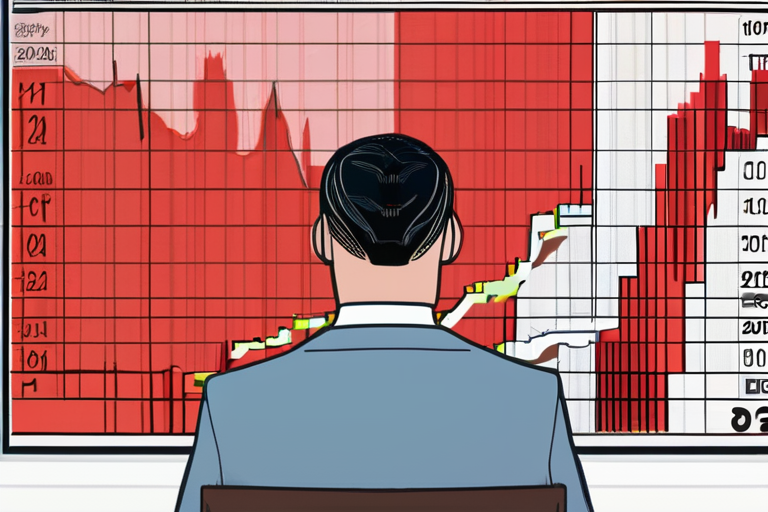


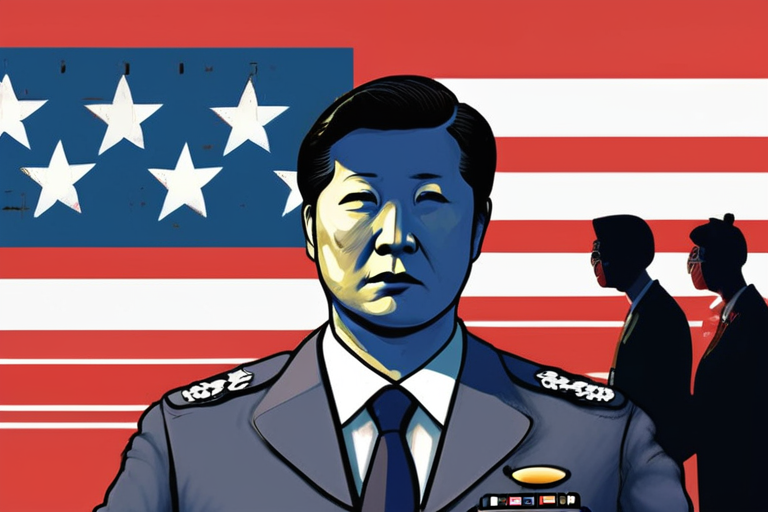

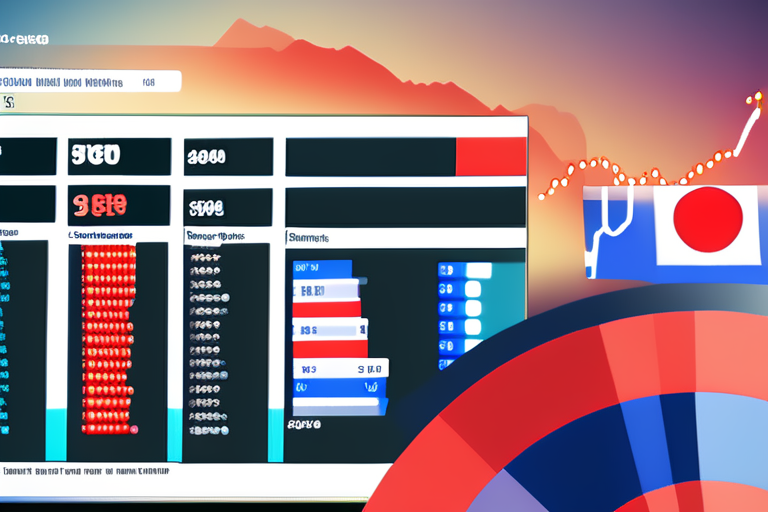
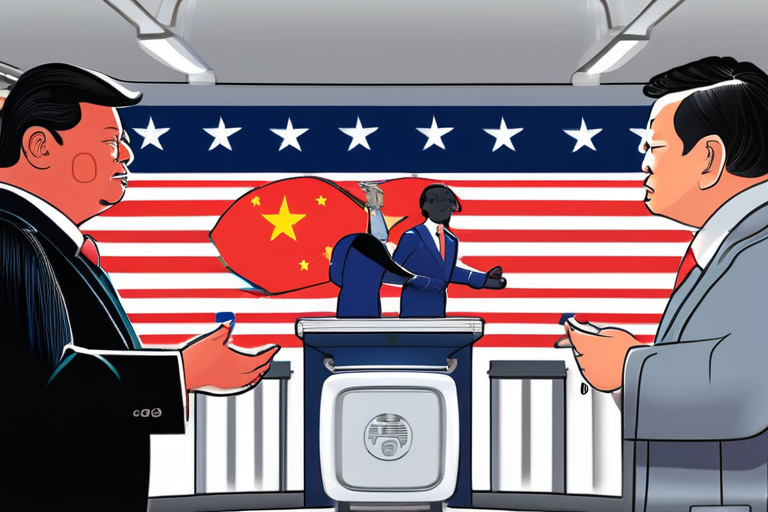

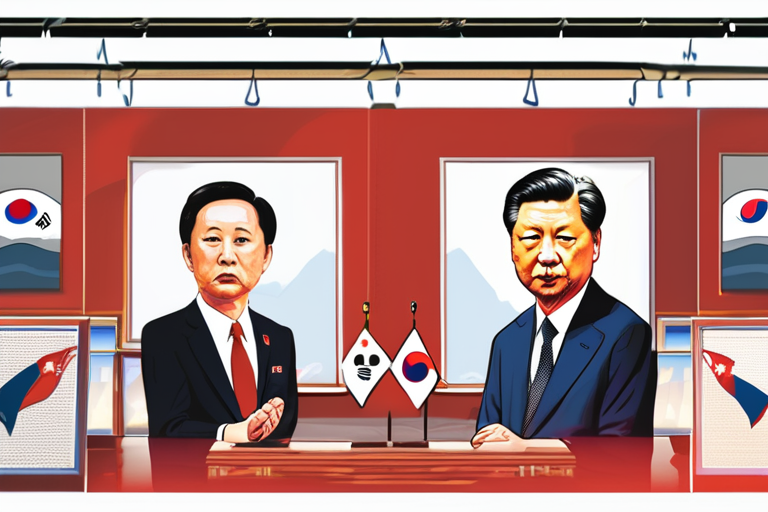

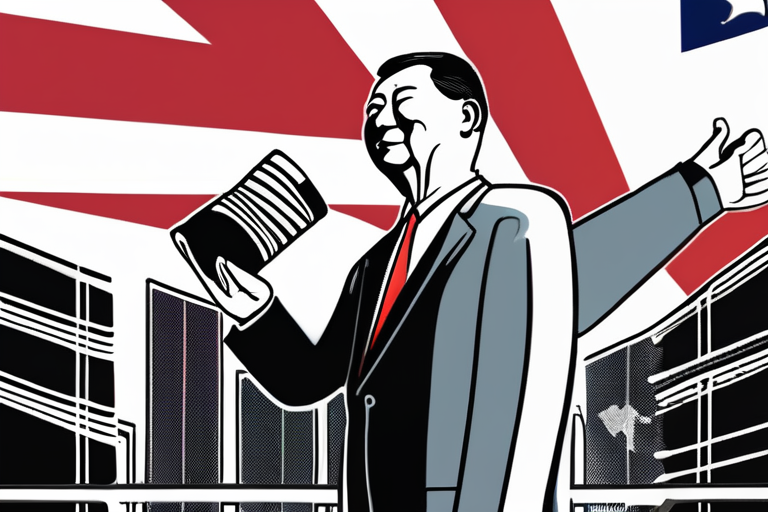

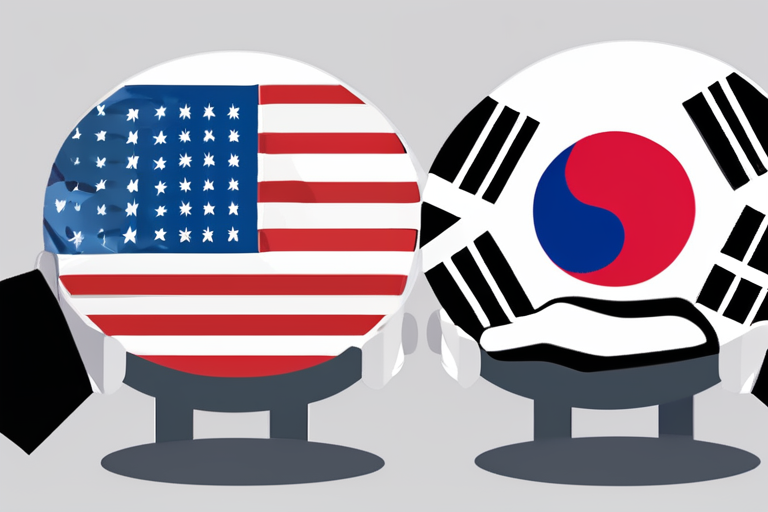
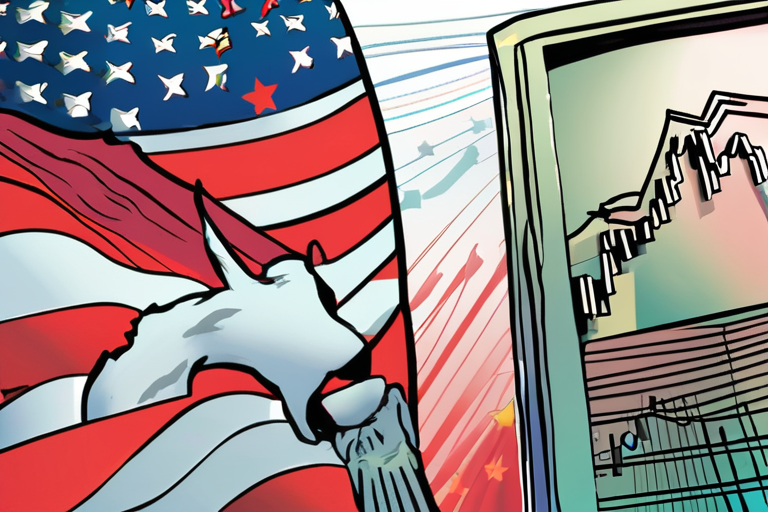

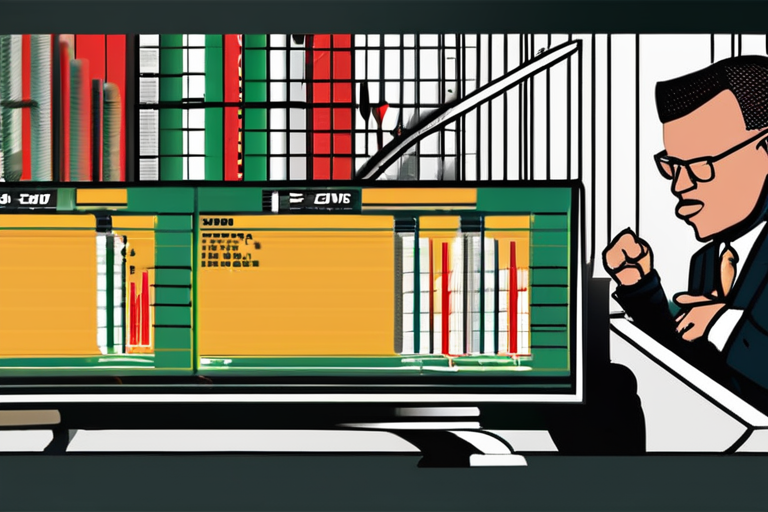
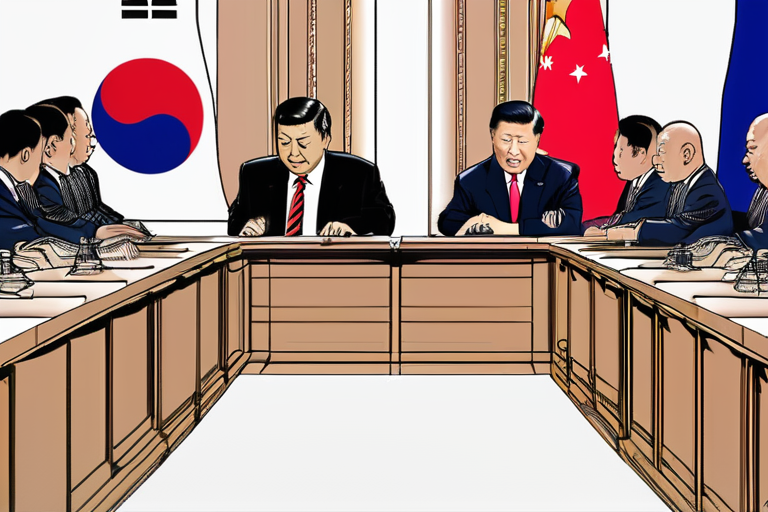


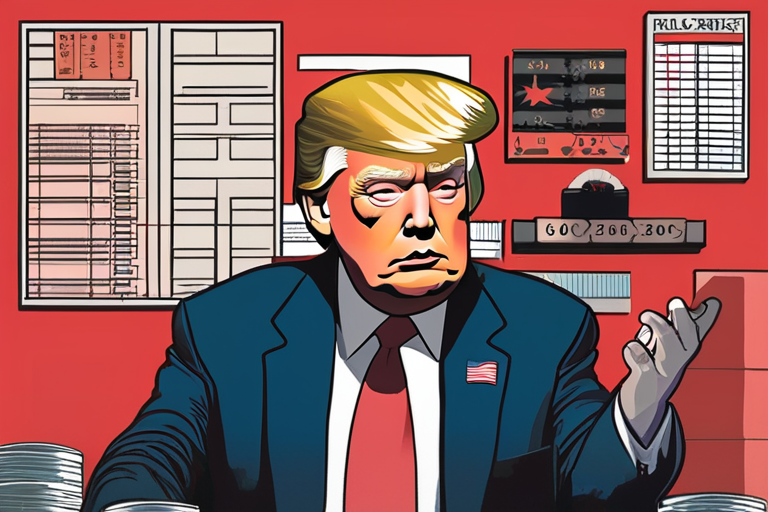



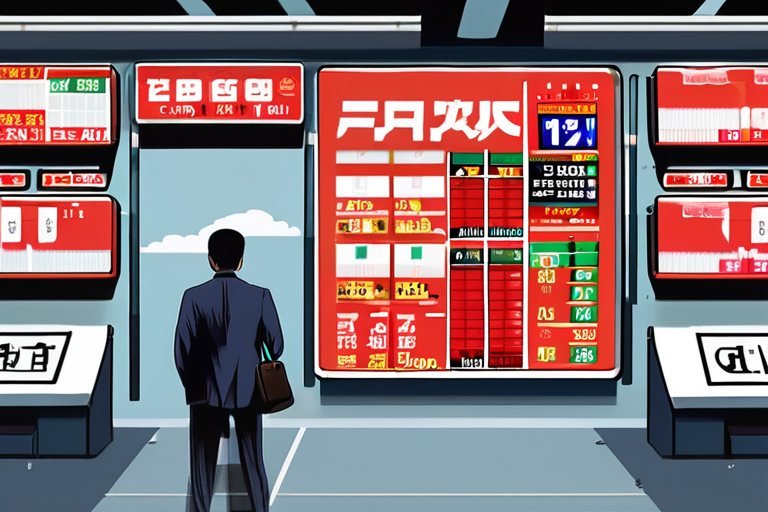



Share & Engage Share
Share this article